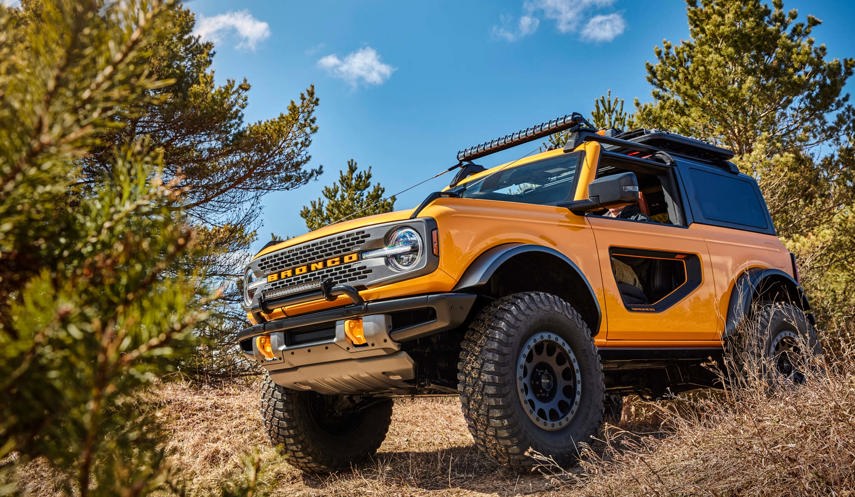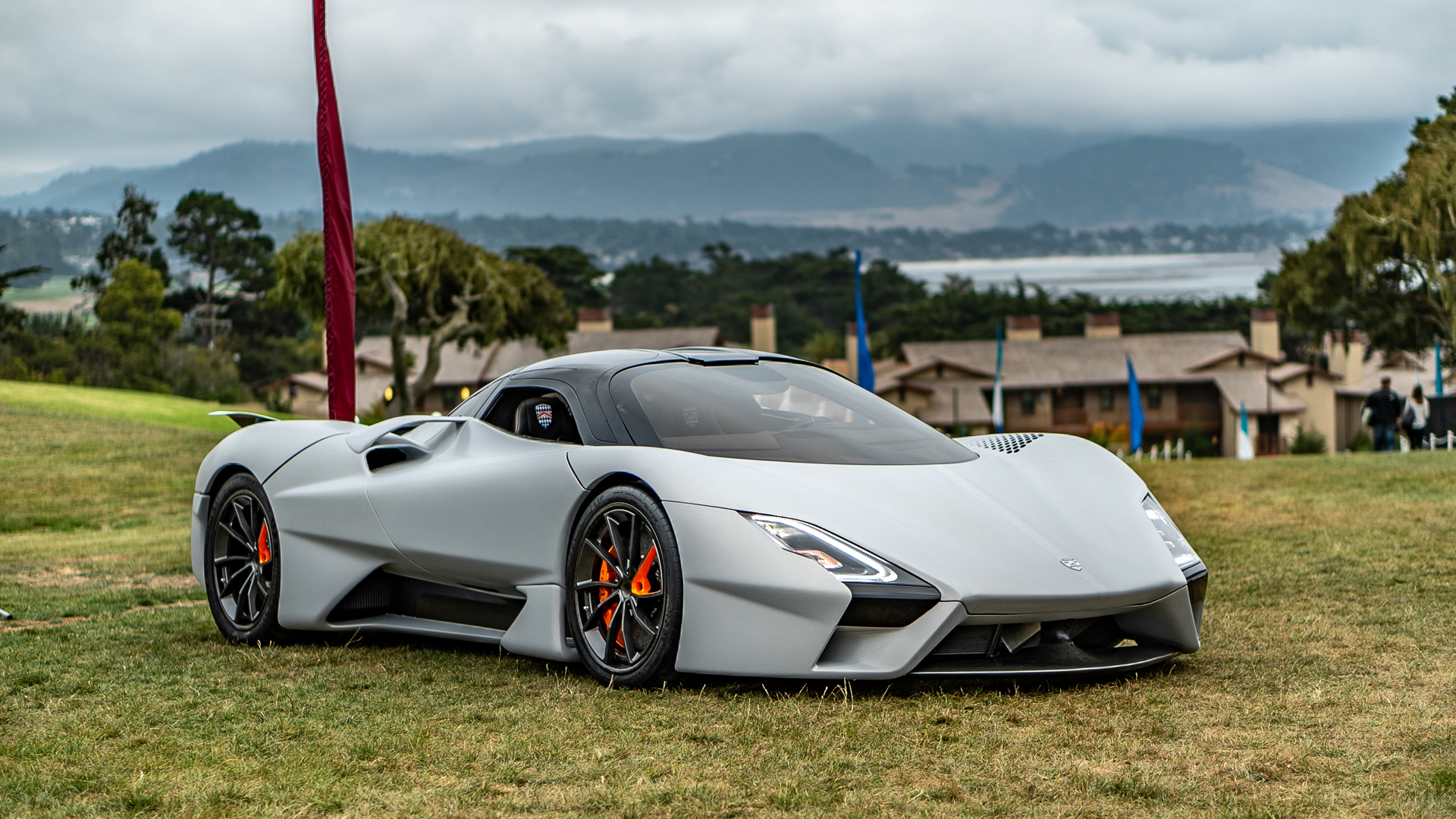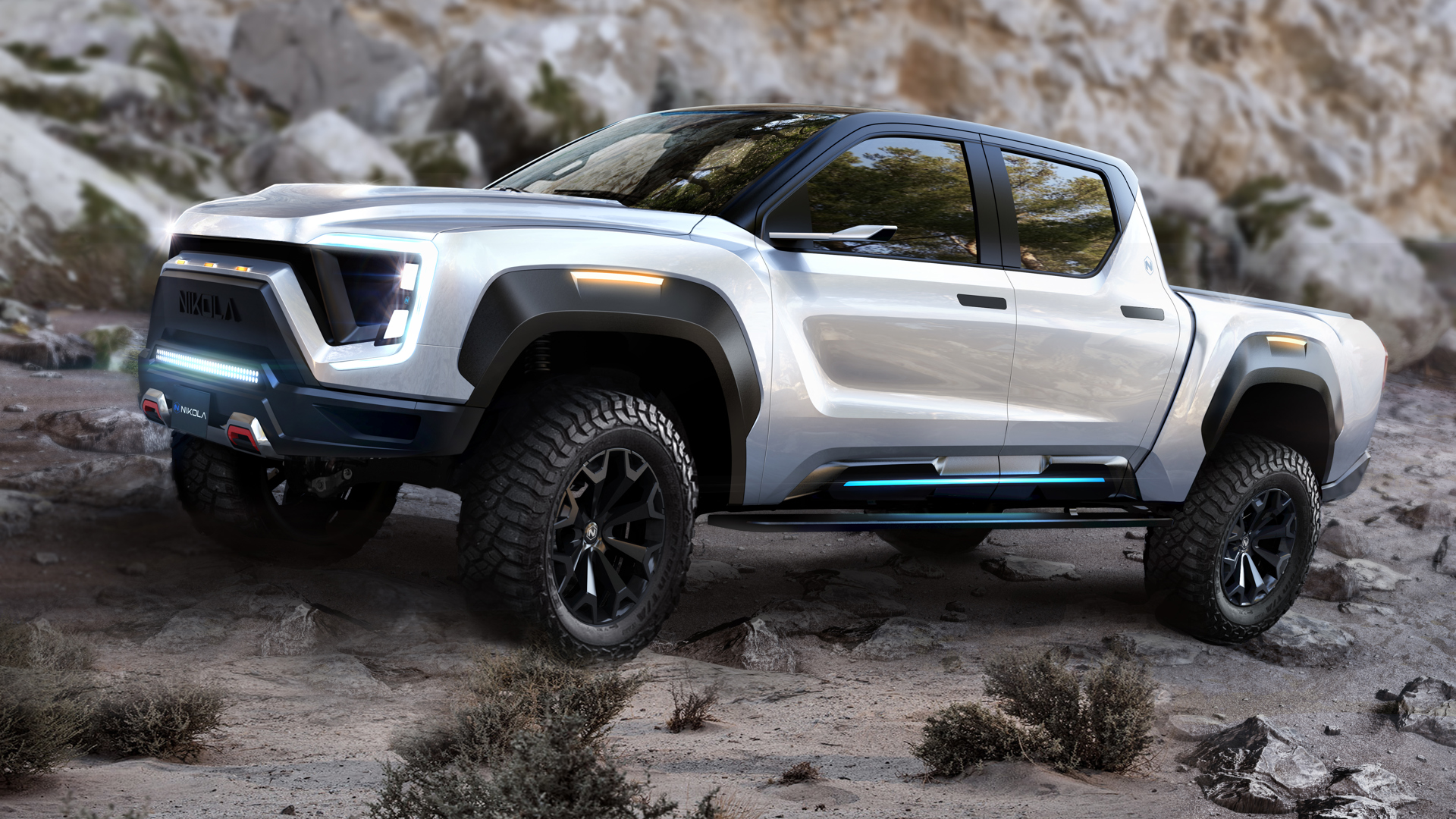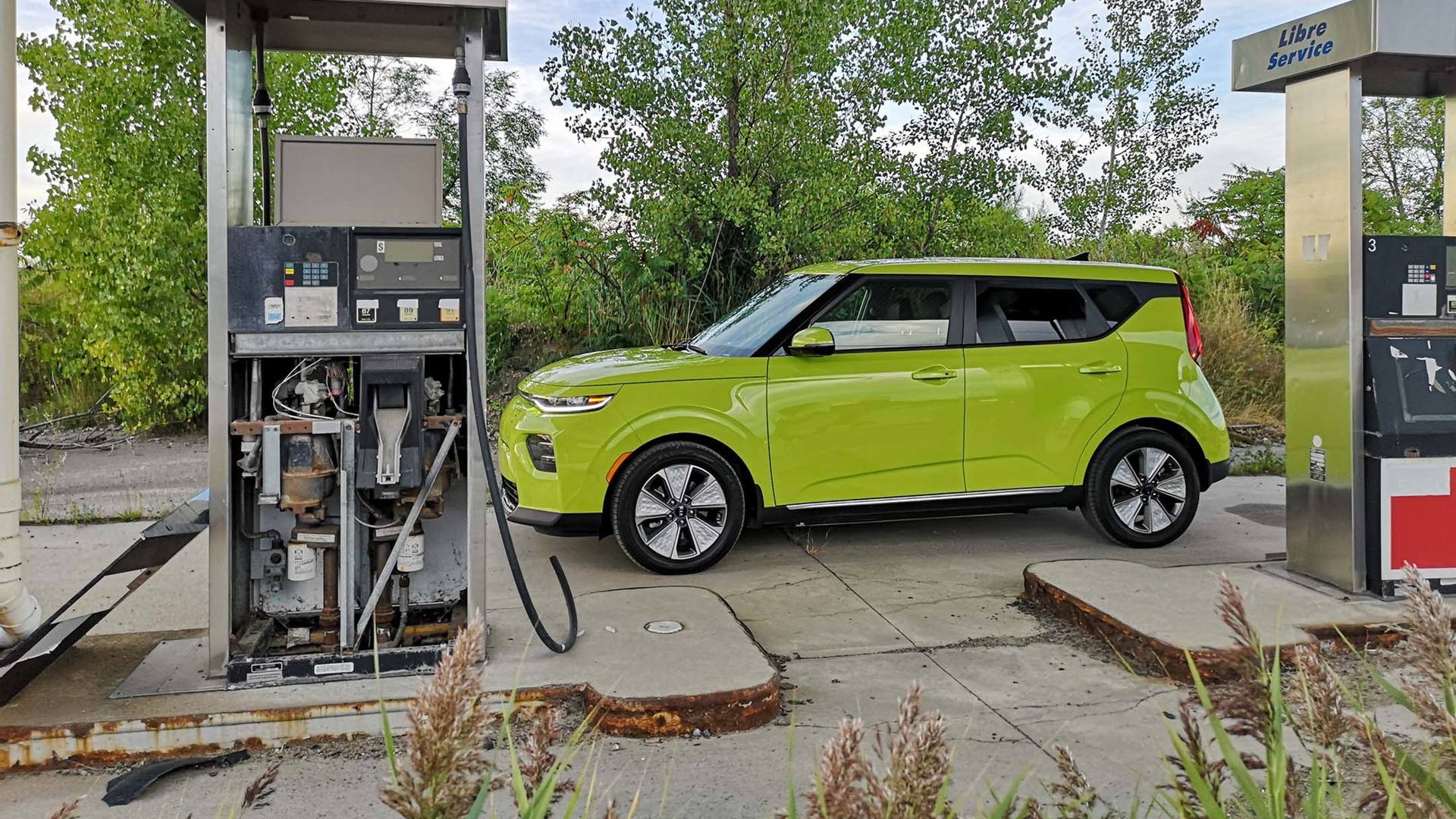The automotive industry, like many others, had to pivot a lot this year due to the COVID-19 pandemic. Many automakers saw a sharp downturn in sales as foot traffic to their dealerships came to a grinding halt in the spring; and with the pandemic forcing the cancellation of all major auto shows, manufacturers were also deprived of one of the best ways to showcase their latest products. Despite this, there was really no shortage of attention-grabbing automotive headlines in recent months.
Now that 2020 is basically behind us, let’s take some time to reflect on some of the biggest automotive headlines and newsmakers we saw over the course of the year.
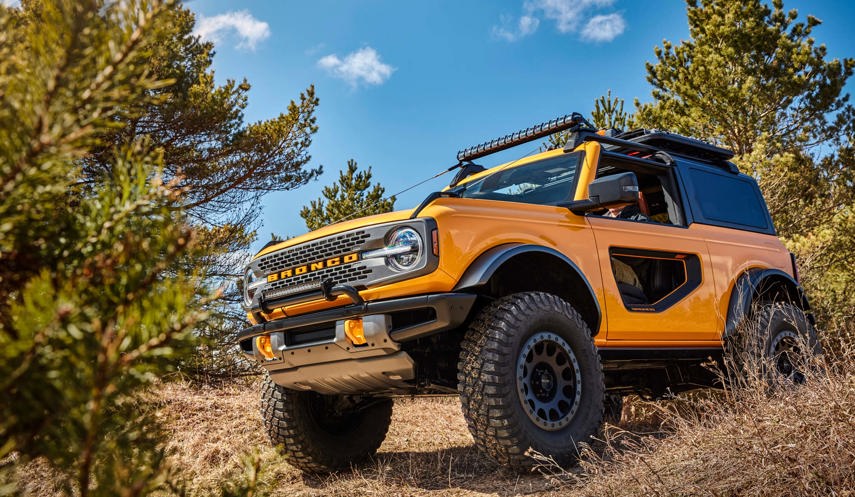
5. Ford Bronco Returns
The return of the Ford Bronco was, without a doubt, one of the biggest automotive news stories of 2020. The off-roader is exactly what fans have been looking for, combining retro looks with off-road capability, powerful turbocharged engines, an available manual transmission, and the latest technologies. As one of the last true off-road vehicles on sale, the Jeep Wrangler has long boasted a massive following, but now it has a worthy rival in the Bronco.
The first Ford Bronco models will begin arriving at dealerships in Canada early next year. Prices start at $40,499 for the entry-level base model and range up to $58,494 for the ultra-capable Bronco Wildtrak model.
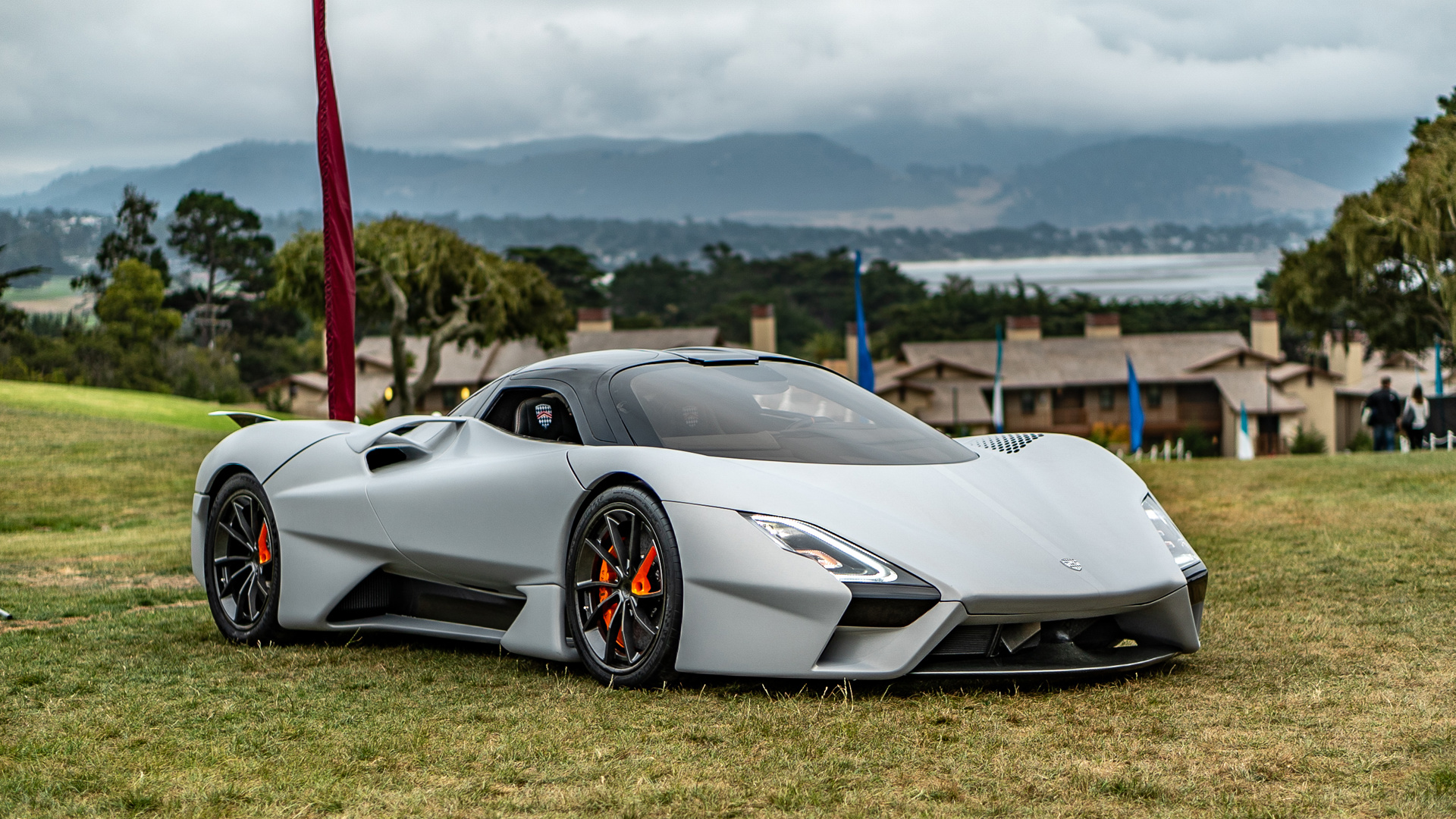
4. SSC Tuatara Cracks 300 MPH, Internet Calls Shenanigans
Ferrari shocked the automotive world in 1987 when it claimed the latest and greatest car out of Maranello, the F40, was capable of reaching 201 mph. These days there are family sedans capable of hitting those speeds, so 300 mph has become the new pie-in the-sky figure for supercar manufacturers to achieve.
American manufacturer Shelby Super Cars (no relation to Carroll Shelby and the company that bears his name) debuted the first customer example of its new Tuatara supercar earlier this year, which it claimed was capable of breaking 300 mph. The company then backed its claims up, releasing a video of the Tuatara hitting a whopping 331.15 mph on a closed road in Nevada. Some YouTubers later discovered some discrepancies between the video footage of the top speed run and the GPS data, however, which company founder Jerod Shelby acknowledged in a statement released on YouTube.
SSC plans to re-run the record-breaking top speed attempt sometime in the near future. We don’t doubt its 1,750 horsepower, twin-turbo V8 hypercar is capable of cracking 300 mph, but without the proper video footage to back it up, these lofty claims don’t mean much.
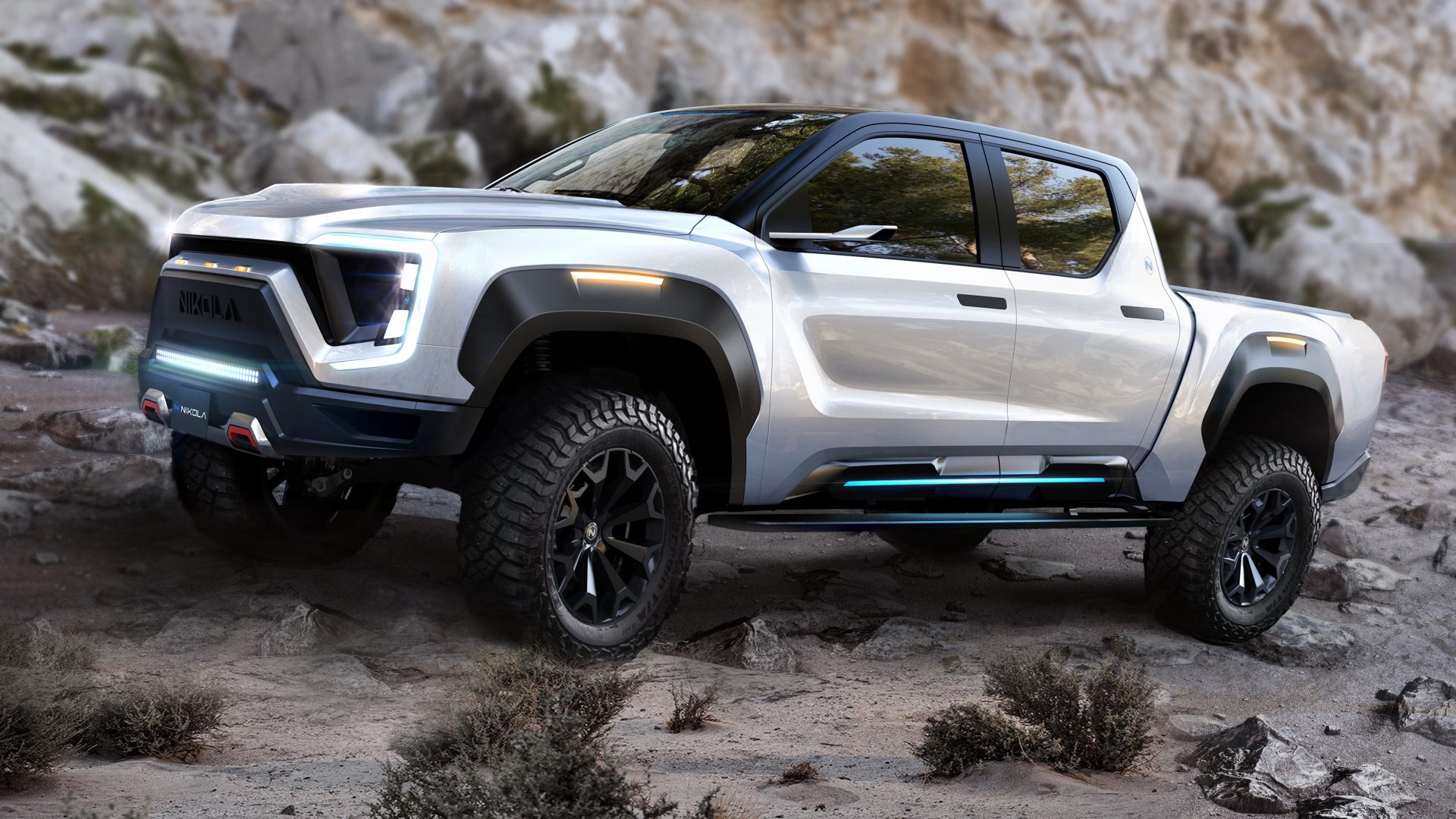
3. GM Partners with Nikola Only for Company to Be Outed as a Fraud
Earlier this year, General Motors proudly sent out a press release announcing it had partnered with Arizona-based company Nikola Corporation. Under the deal, GM would provide Nikola with access to its electric and fuel cell technology for it to use in its upcoming line of electric and hydrogen semi trucks. GM also agreed to engineer and manufacture the Nikola Badger electric pickup truck on behalf of the start-up. For its part of the deal, GM would receive an 11 per cent stake in Nikola, worth an estimated $2 billion.
Shortly after all this, an alleged short-seller report published by a financial firm called Hindenburg Research accused Nikola CEO Trevor Milton of inflating the capabilities of the company’s technology and misleading investors. It also accused Nikola as being an “intricate fraud built on dozens of lies.” Milton later resigned from the company after admitting that some of the allegations were accurate. Somewhat surprisingly, GM didn’t back out of the deal entirely, although the American automaker will no longer be engineering and producing the Nikola Badger pickup truck for the company.
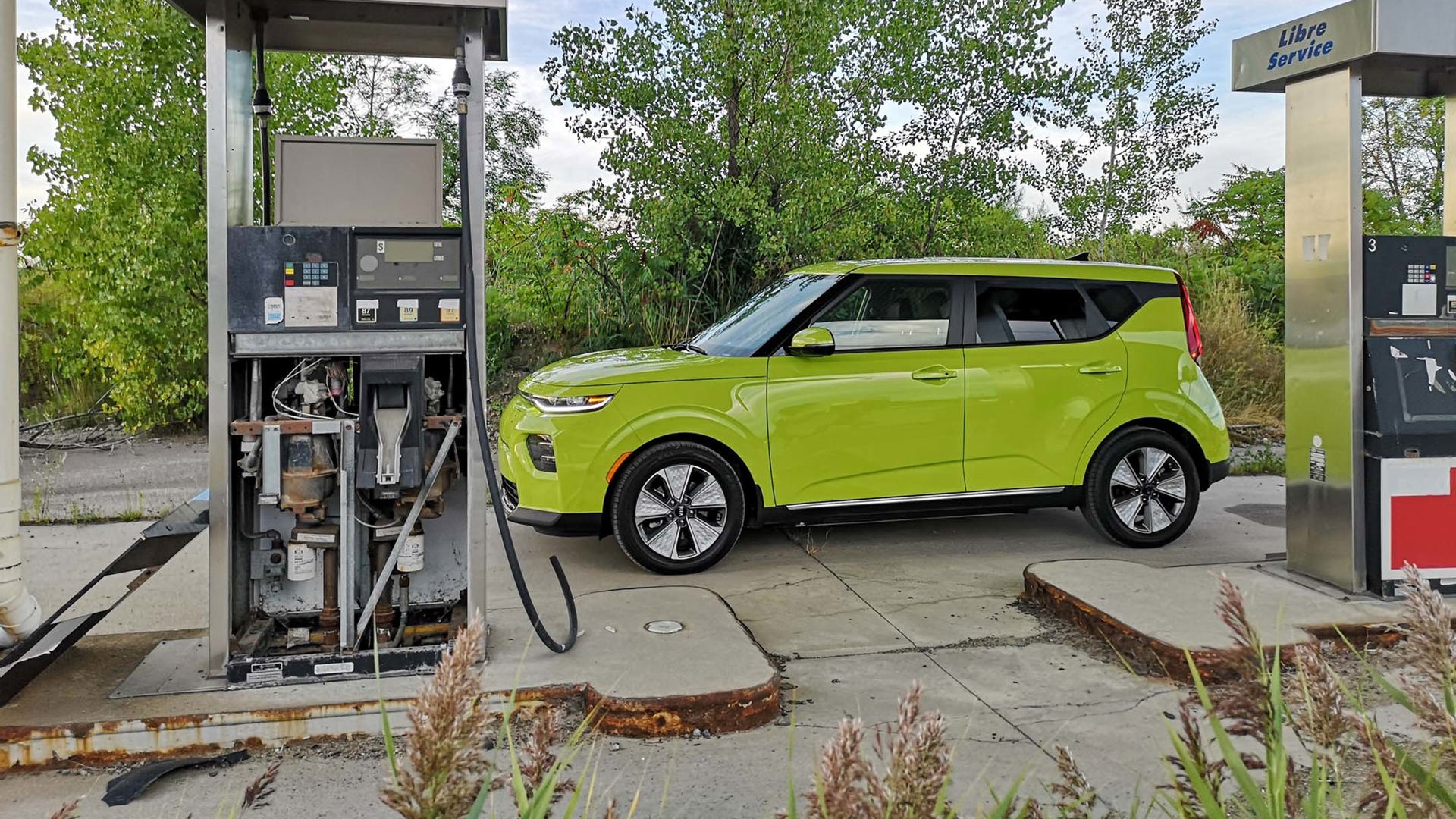
2. Quebec to Ban Sale of Gasoline Cars
Here in Canada, one of the biggest automotive headlines of the year was Quebec’s decision to ban the sale of gasoline cars by 2035. The province’s decision will put it on the same path California, which this year also decided to outlaw the sale of new gas vehicles by 2035. The decision was made as Quebec looks to reduce its greenhouse gas emissions by 37.5 per cent by 2030 compared with 1990 levels and to become completely carbon-neutral by 2050. The debate over this extreme measure will rage on in the coming years, but no matter how it plays out, it’s good to see Canadian politicians being pro-active with regard to greenhouse gas emissions and climate change.

1. COVID-19 Rocks Auto Industry
This choice may seem a little anti-climactic, but there’s no denying that COVID-19 was the biggest automotive news story of 2020. The pandemic forced the cancellation of events worldwide – some of the only in-person vehicle debuts happened at CES, which isn’t even considered an auto show – caused vehicle sales to decline dramatically, and has drastically changed the trajectory of the industry as a whole.
We’re still in the midst of the pandemic at the time of writing, so who knows what the automotive industry will look like when all this is behind us? We wouldn’t be surprised if COVID-19 was also the biggest automotive news story of 2021 – though we certainly hope that isn’t the case. Stay safe out there, autoTRADER.ca readers!

